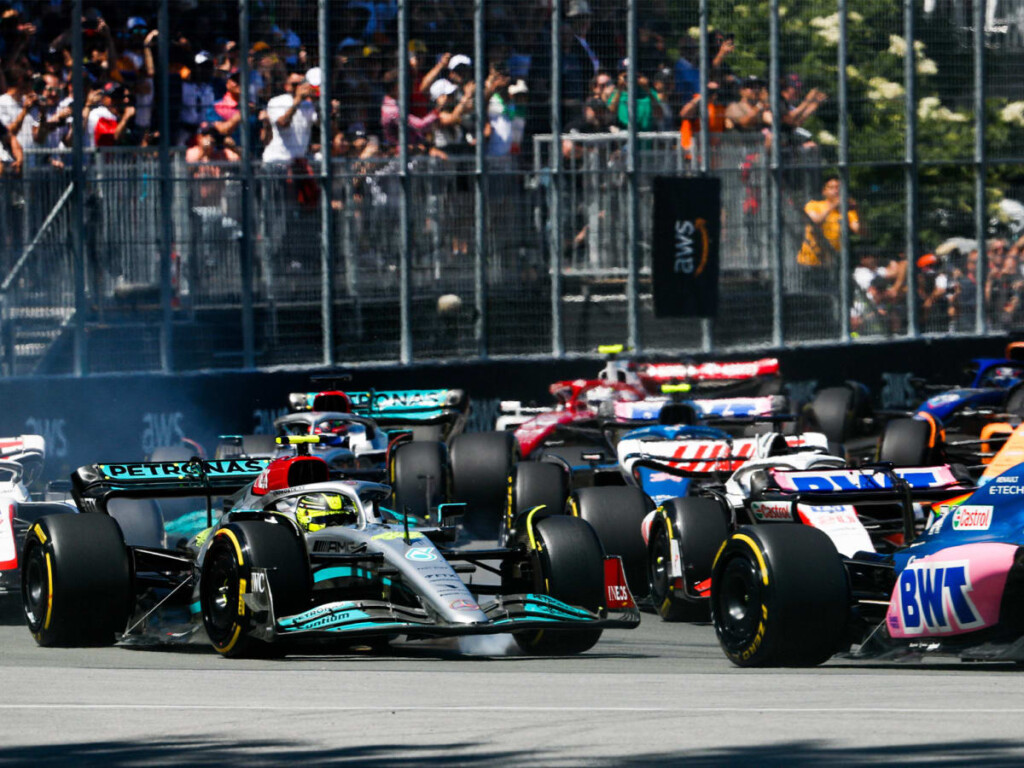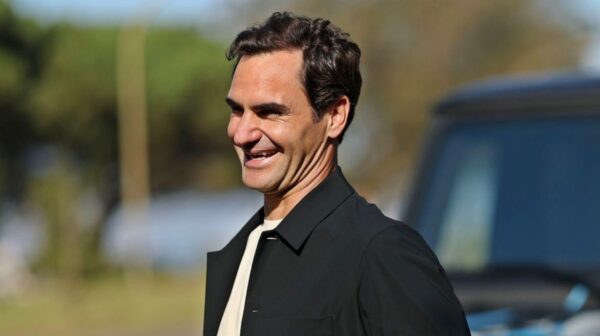Max Verstappen claims 2026 regulations will produce ‘terrible’ cars, believes only teams with the best engines will benefit
The technical directives in 2026 will radically change how power units are produced as well as their performance.

Max Verstappen (Credits: F1RACINGNEWS)
🔍 Explore this post with:
Championship leader Max Verstappen has expressed multiple concerns regarding Formula 1’s potential shift towards greater reliance on battery power as part of the proposed regulation changes for 2026. This encompasses a 50/50 split between combustion engine and electric power production. Red Bull Team Principal Christian Horner had previously voiced that it might be essential to decrease the proposed dependence on electrical power.
This suggestion was made to avoid a scenario where drivers would have to downshift on straights to generate sufficient energy for recharging the batteries. Speaking after his Austrian Grand Prix win, Verstappen was in concurrence with Horner’s concerns about the proposed alterations for 2026. Verstappen holds belief that the regulations could potentially trigger expensive competition among teams and engine suppliers, leading to the team with only the best engine to prosper.
He said, “To me, it looks pretty terrible. The problem is it looks like it’s going to be an ICE competition, like whoever has the strongest engine will have a big benefit. But I don’t think that should be the intention of Formula 1, because then you will start a massive development war again, and it will become quite expensive to find a few horsepower here and there.”
“I think it actually should be the opposite. Plus, the cars probably have a lot less drag, so it will be even harder to overtake on the straight,” he added. Max Verstappen and Red Bull’s concerns could arise from the fact that they will be manufacturing their powertrains in association with Ford from 2026, which puts them at a disadvantage to teams such as Mercedes and Ferrari, who have been producing their power units throughout their tenure in F1.
The main goal of the 2026 regulations is to increase sustainability and reduce CO2 emissions

The FIA has approved new power unit regulations for the 2026 F1 season. These regulations entail two significant aspects: increased electrical power and the use of 100% sustainable fuels. While the fundamental engine setup remains unchanged, with a V6 twin-turbo hybrid unit, the new rules govern how the power is generated. As a result, the F1 cars will continue to develop over 1000 hp but will operate with improved efficiency and reduced fuel consumption.
The power output of the twin-turbo V6 engine will experience a 38% reduction, aiming for a target output of 536 hp. Interestingly, despite the FIA’s decision to decrease the fuel flow to the engine, the new engines are expected to be louder. The FIA will eliminate the Motor Generator Unit – Heat (MGU-H), which previously captured energy from exhaust gases.
To compensate for the power loss resulting from the removal of the MGU-H, a more potent hybrid unit called the Motor Generator Unit – K will be introduced. The MGU-K serves as an enhanced energy recovery system, ensuring that the overall power output of the cars remains robust. Cars will be fueled by a completely new bio-fuel, which will have “Net Zero” emissions. This means that the emissions generated from the combustion of this fuel will not contribute any CO2 to the atmosphere.
Thus, with so many radical changes to powertrain development, it is easy to see why Verstappen and his Red Bull team are concerned. Partnership with a new supplier, Ford, who has never produced power units in F1. This could be a critical aspect that brings Red Bull’s dominance to a halt.
In case you missed it:
- Adrian Newey claims 2026 F1 regulations will make cars ‘a lot slower’
- Honda to enter 2026 F1 season holding hands with Aston Martin: Reports







